CTE without borders allows learners to engage in learning opportunities of their choosing regardless of their locality. Learners have the flexibility and support to engage in learning opportunities no matter where they live and no matter whether they are engaging in online or hybrid learning or attending courses and programs on school campuses outside of their home districts or local institutions.
CTE without borders calls attention to the geographic dimension of equity and the disparities among learners related to access to high-quality programs that can prepare them for the workforce. Often, learners are excluded from enriching CTE programs and work-based learning opportunities due to geographic barriers.1 This issue is most common for learners in rural locations but is also experienced in suburban and metropolitan areas. To ensure that the CTE community remains flexible to meet the needs of learners and industry across the country, leaders should enable their CTE systems to provide expanded access to high-quality CTE programs and work-based learning opportunities.
The second release of Advance CTE’s new resource, the CTE Without Borders Policy Playbook, highlights the infrastructure that should be established to expand access to high-quality CTE and work-based learning opportunities and ways leaders can remove barriers to ensure learners and families are informed and supported in expanded access within and across states. This final release in the series articulates the remaining four of six focus areas critical to expanding access to high-quality CTE and work-based learning:
- Incentivizing Access With Flexible and Sustainable Funding;
- Capturing Learners’ Credits, Credentials and Experiences;
- Optimizing the Conditions for Virtual and Hybrid Learning Opportunities; and
- Informing and Supporting Learners and Families.
State CTE leaders can learn how to build the infrastructure to expand learners’ access to high-quality CTE and work-based learning opportunities and consider strategies that remove barriers to support learners as they navigate through their CTE programs.
This final release features promising state and local practices from across the country including Georgia, Kentucky, Ohio, Wyoming and more; strategies to actualize each focus area; and resources to support state and local leaders in providing expanded access within and across states.
Visit the Learning that Works Resource Center to read the final release in the series and for additional resources to support CTE Without Borders.
Haley Wing, Senior Policy Associate


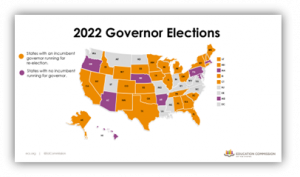 With over 30 gubernatorial elections and legislative elections in all but four states, 2022 will likely lead to
With over 30 gubernatorial elections and legislative elections in all but four states, 2022 will likely lead to 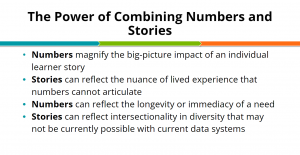 This session featuring Advance CTE and Edge Research inspired attendees to amplify learner outcome data and testimonials to create impactful data stories. Attendees were reminded to be in the driver’s seat on creating data ‘headlines’’ and to be proactive in addressing assumptions others might make about data. First step routines were also provided, such as mapping schedules for quantitative and qualitative data collection, quantitative data reporting and qualitative data access opportunities and comparing timelines with storytelling opportunities.
This session featuring Advance CTE and Edge Research inspired attendees to amplify learner outcome data and testimonials to create impactful data stories. Attendees were reminded to be in the driver’s seat on creating data ‘headlines’’ and to be proactive in addressing assumptions others might make about data. First step routines were also provided, such as mapping schedules for quantitative and qualitative data collection, quantitative data reporting and qualitative data access opportunities and comparing timelines with storytelling opportunities. 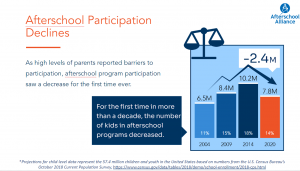 Edge Research provided storytelling tips — one included creating three to five headlines that encompass a data point audiences might not expect, highlight the most urgent findings, and provide a call to action. It is important to humanize qualitative data through phrases such as ‘1 out of X families’ or ‘X number of children need Y’.
Edge Research provided storytelling tips — one included creating three to five headlines that encompass a data point audiences might not expect, highlight the most urgent findings, and provide a call to action. It is important to humanize qualitative data through phrases such as ‘1 out of X families’ or ‘X number of children need Y’. 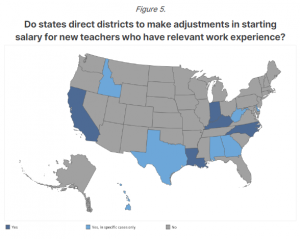

 Without Limits: A Shared Vision for the Future of Career Technical Education
Without Limits: A Shared Vision for the Future of Career Technical Education These organizations are a powerful model for learner-centered and learner-led education, and Advance CTE is pleased to be joined by seven national CTSOs in supporting the national vision for CTE.
These organizations are a powerful model for learner-centered and learner-led education, and Advance CTE is pleased to be joined by seven national CTSOs in supporting the national vision for CTE. 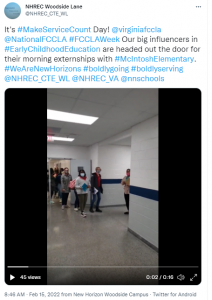 FCCLA members at New Horizons Regional Education Center: Woodside Lane in Newport News,
FCCLA members at New Horizons Regional Education Center: Woodside Lane in Newport News,  Griffin Middle School in
Griffin Middle School in 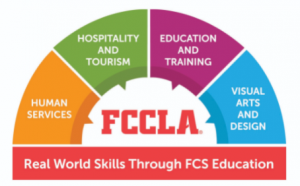 FCCLA strives for FCCLA members to have clear paths for their skills to be valued and counted. FCCLA has identified four career pathways that align to key technical and “employability” skills gained through FCCLA experiences, listed below. Members also have the opportunities to test and display skill competencies at
FCCLA strives for FCCLA members to have clear paths for their skills to be valued and counted. FCCLA has identified four career pathways that align to key technical and “employability” skills gained through FCCLA experiences, listed below. Members also have the opportunities to test and display skill competencies at 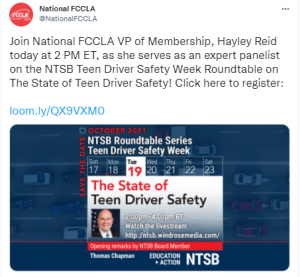 FCCLA members have the opportunity to share their skills and make connections beyond the classroom and even their state. National FCCLA leader Hayley Reid participated in a federal policy panel held by the National Transportation Safety Board.
FCCLA members have the opportunity to share their skills and make connections beyond the classroom and even their state. National FCCLA leader Hayley Reid participated in a federal policy panel held by the National Transportation Safety Board. 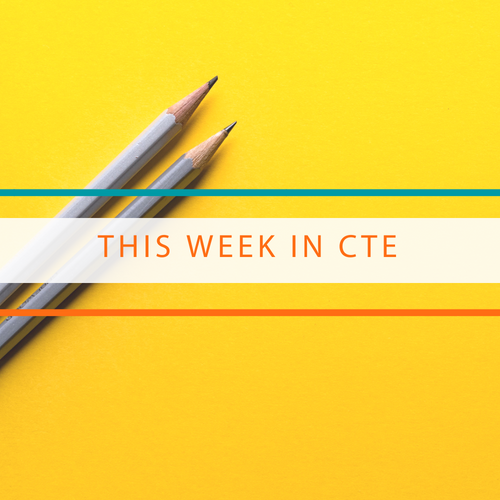 While stakeholders across the Career Technical Education (CTE) continuum celebrate CTE Month®, Advance CTE will join in the celebration by uplifting Career Technical Student Organization (CTSO) student leaders and their national advocacy weeks.
While stakeholders across the Career Technical Education (CTE) continuum celebrate CTE Month®, Advance CTE will join in the celebration by uplifting Career Technical Student Organization (CTSO) student leaders and their national advocacy weeks. 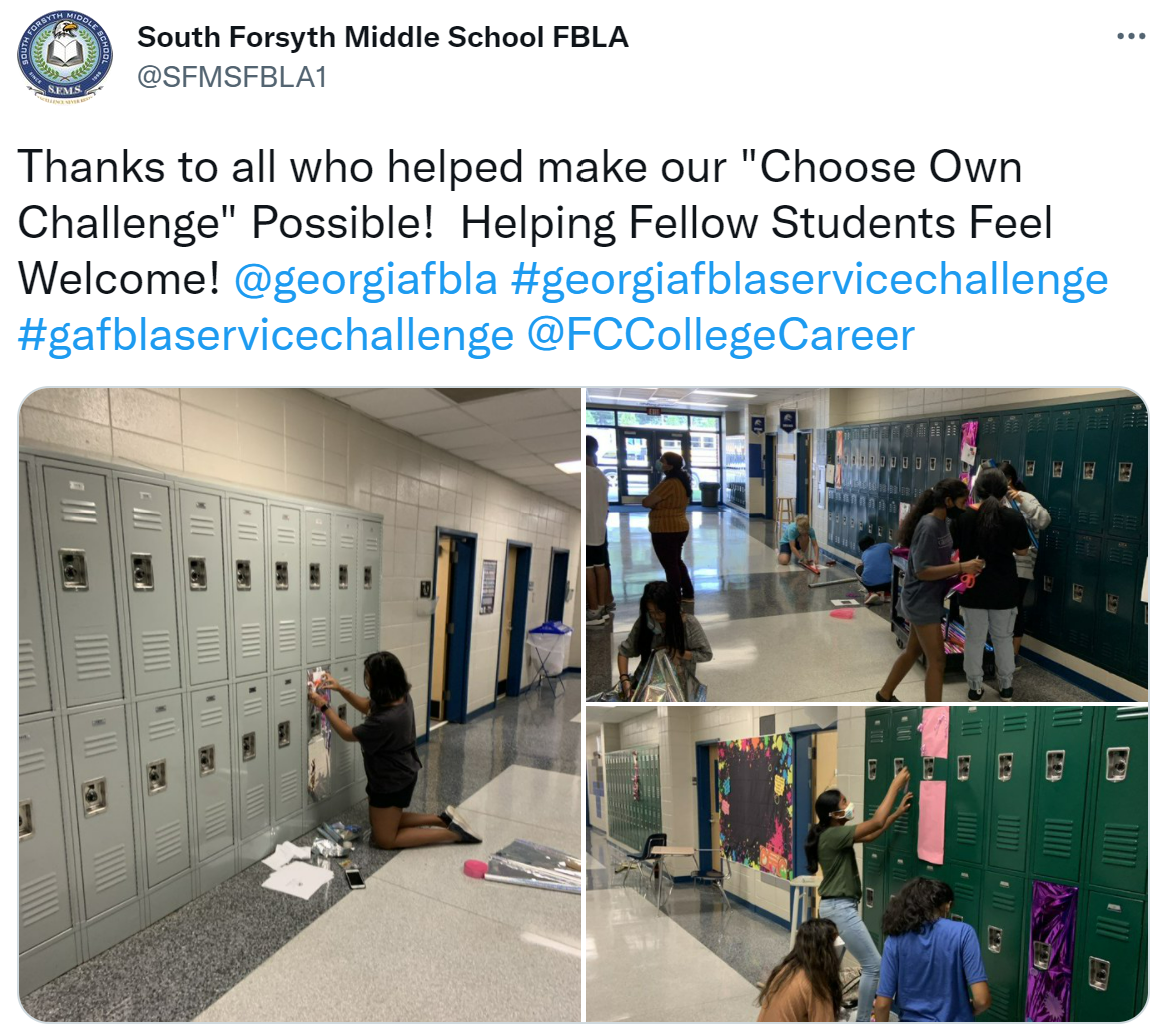 CTSO leaders can be impactful ambassadors to help each learner feel welcome not only in CTE, but in their school and community. FBLA members at a Georgia middle school used their state chapter’s monthly service challenge as an opportunity to help fellow students feel seen and welcome.
CTSO leaders can be impactful ambassadors to help each learner feel welcome not only in CTE, but in their school and community. FBLA members at a Georgia middle school used their state chapter’s monthly service challenge as an opportunity to help fellow students feel seen and welcome. 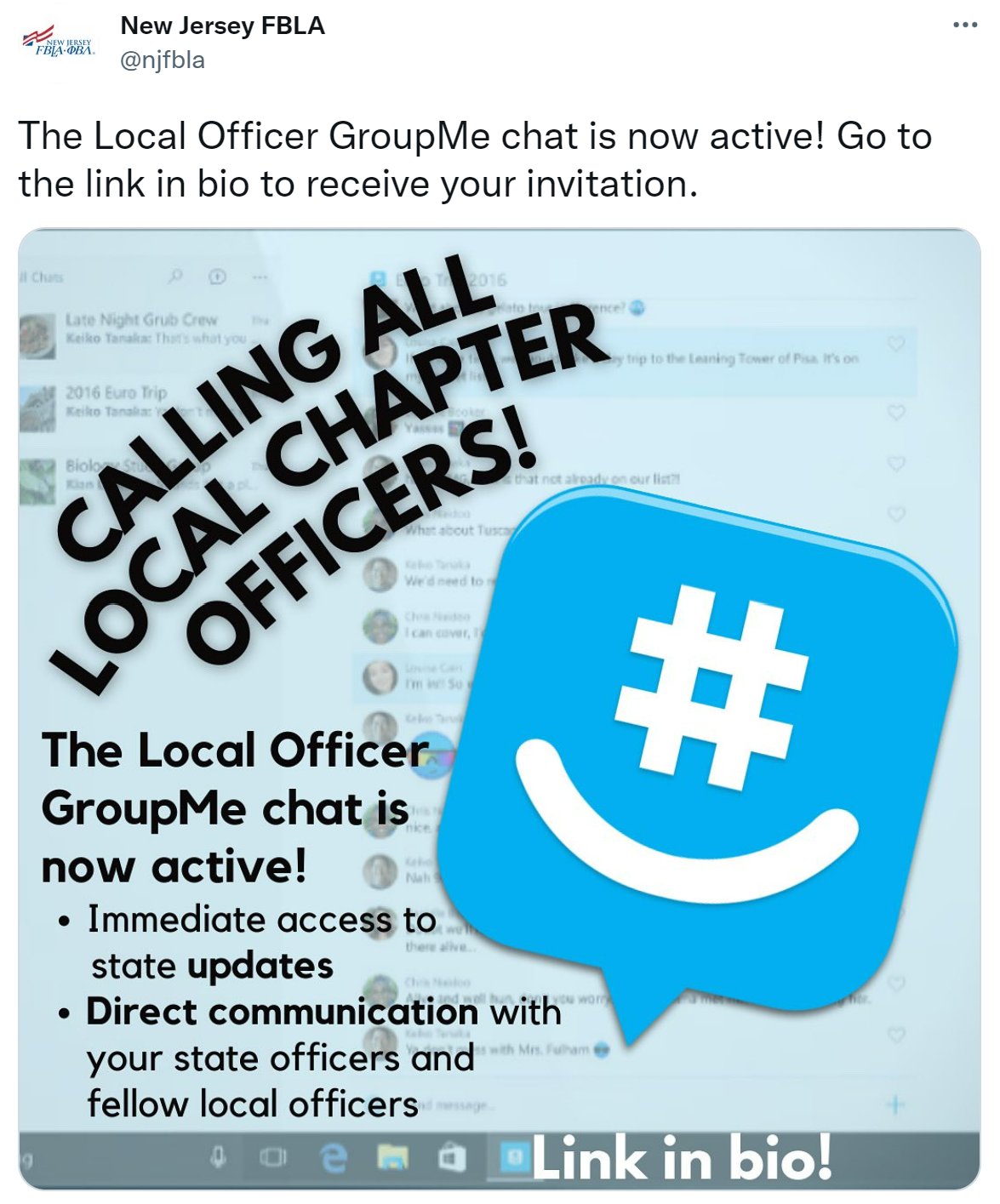 Meaningful connections are also being pursued through programs at the state level, such as
Meaningful connections are also being pursued through programs at the state level, such as 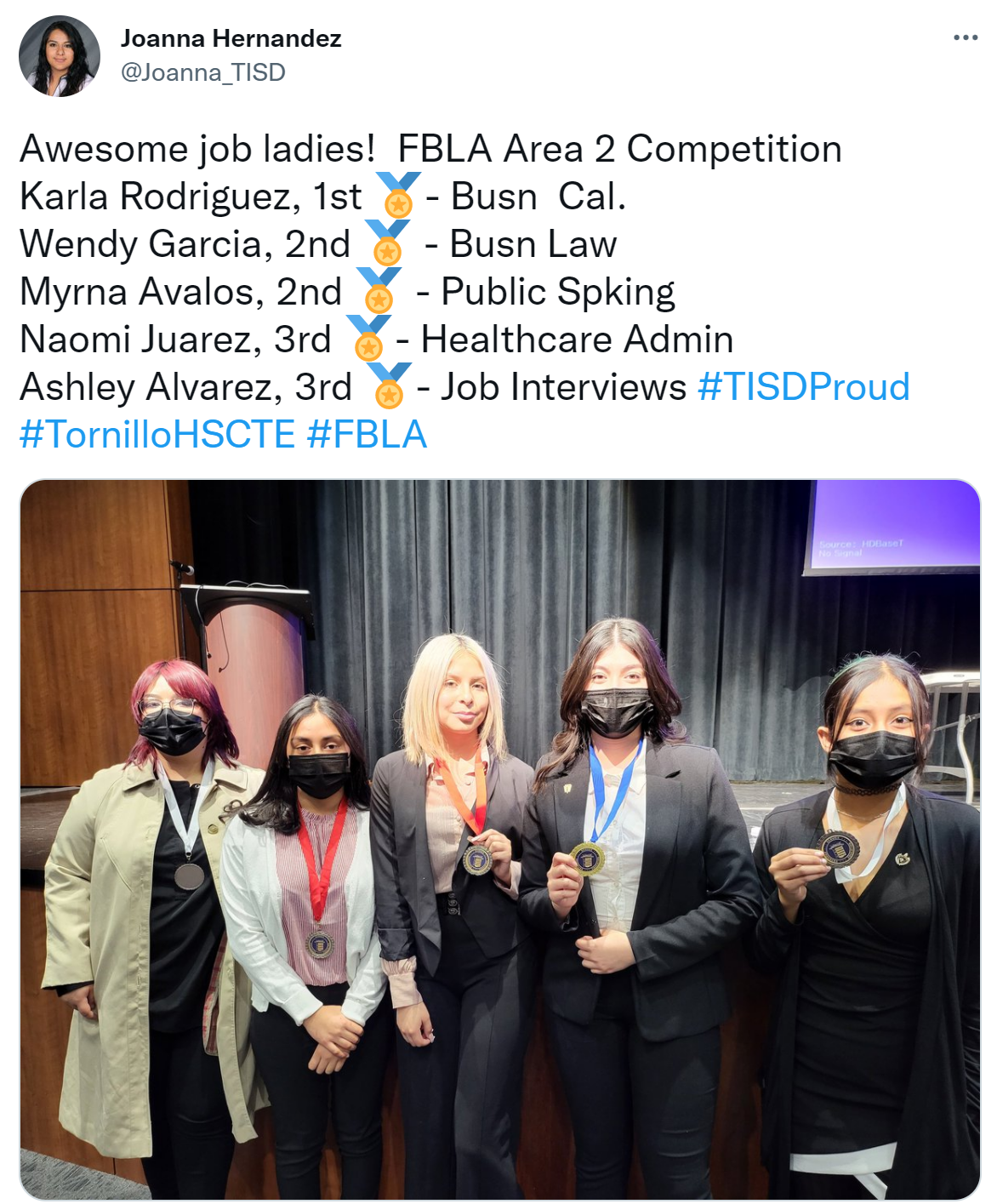 Over the past several weeks, FBLA-PBL members from across the country have demonstrated their skill competencies and high-quality CTE-focused projects through competitions at the area and regional level. Learners receiving top awards will compete at the state and national level to inspire and advance high-quality CTE without limits.
Over the past several weeks, FBLA-PBL members from across the country have demonstrated their skill competencies and high-quality CTE-focused projects through competitions at the area and regional level. Learners receiving top awards will compete at the state and national level to inspire and advance high-quality CTE without limits. 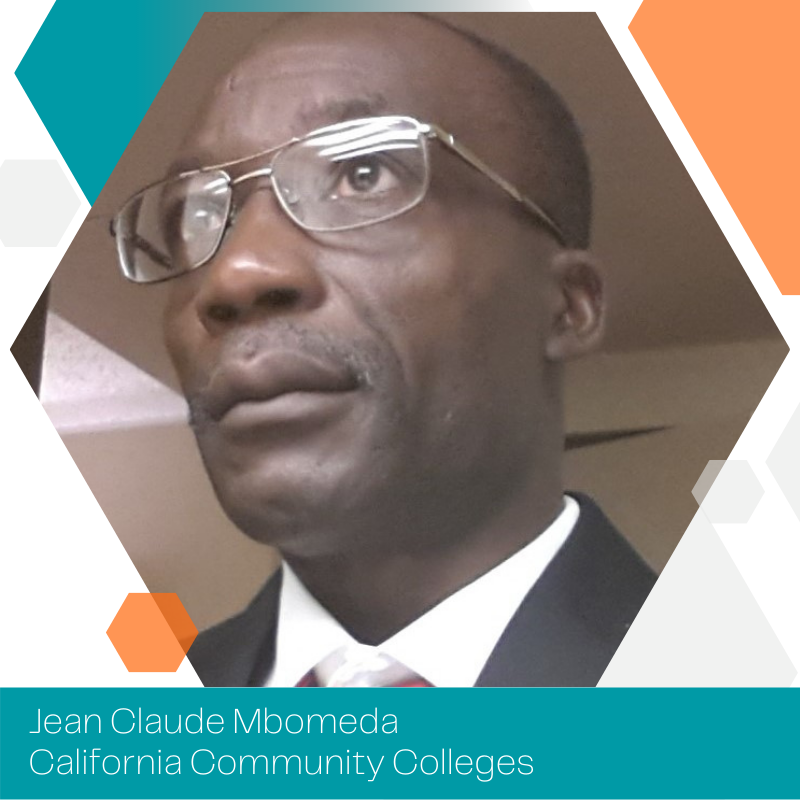
 Justin Chin (Oregon) has two decades of experience in education as an instructor and student and career support specialist at the secondary and postsecondary level, and currently serves as Director of High School Connections at Lane Community College in Eugene, Oregon. He received a bachelor’s degree in English and master’s degree in Education from Western Oregon University. He is a current Governor’s appointee to the Eastern Oregon Regional Economic Recovery Council and serves as Vice Chair for Oregon Humanities.
Justin Chin (Oregon) has two decades of experience in education as an instructor and student and career support specialist at the secondary and postsecondary level, and currently serves as Director of High School Connections at Lane Community College in Eugene, Oregon. He received a bachelor’s degree in English and master’s degree in Education from Western Oregon University. He is a current Governor’s appointee to the Eastern Oregon Regional Economic Recovery Council and serves as Vice Chair for Oregon Humanities. Dr. Kristin Corkhill (Georgia) has over a decade of program support and partnership experience in secondary and postsecondary education, and currently serves as Director of High School Initiatives at Georgia Piedmont Technical College. A dual-enrollment graduate, she earned a bachelor’s and master’s degree in History from the University of Florida and a doctorate in Leadership and Learning in Organizations from Vanderbilt University.
Dr. Kristin Corkhill (Georgia) has over a decade of program support and partnership experience in secondary and postsecondary education, and currently serves as Director of High School Initiatives at Georgia Piedmont Technical College. A dual-enrollment graduate, she earned a bachelor’s and master’s degree in History from the University of Florida and a doctorate in Leadership and Learning in Organizations from Vanderbilt University.